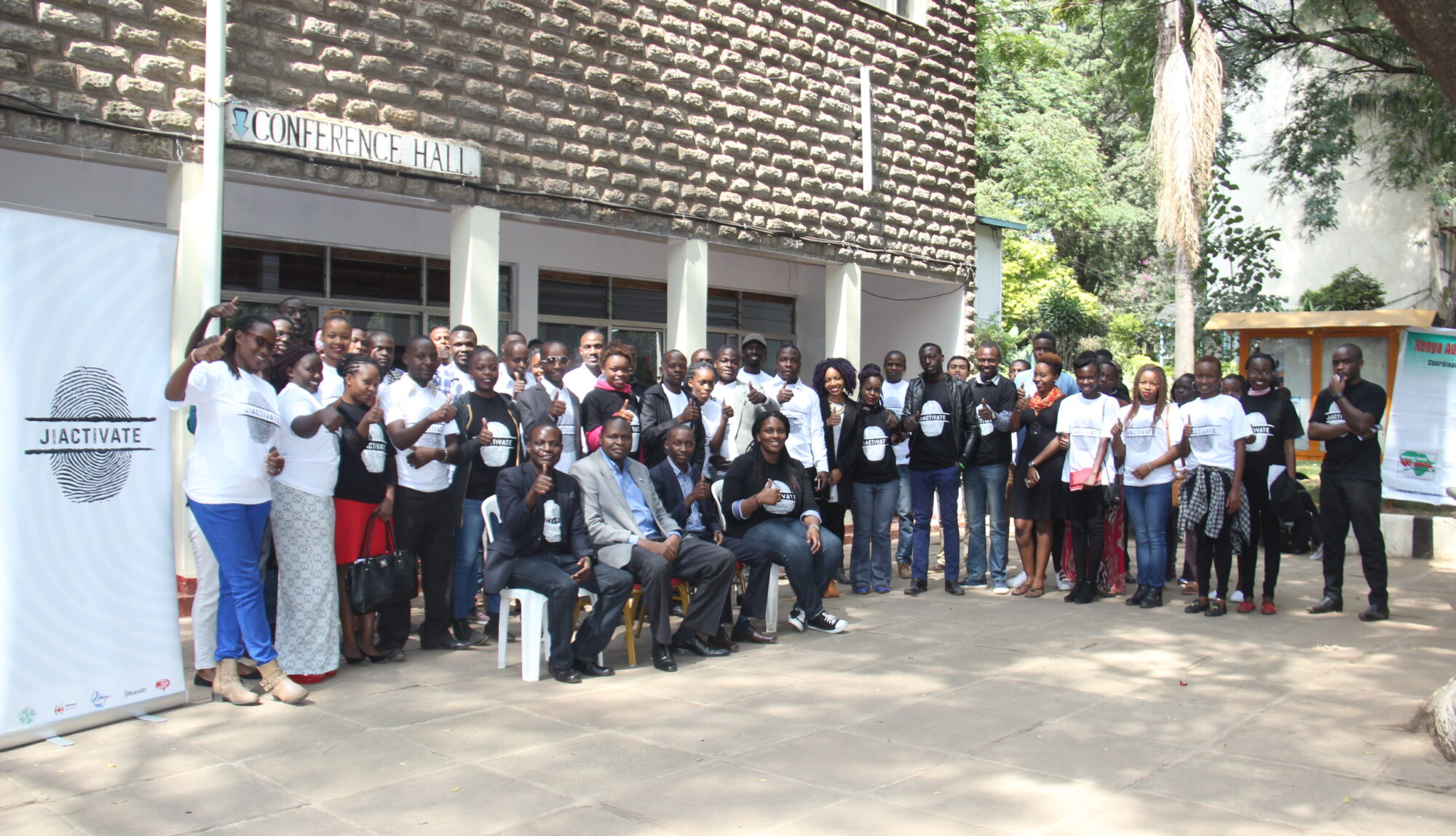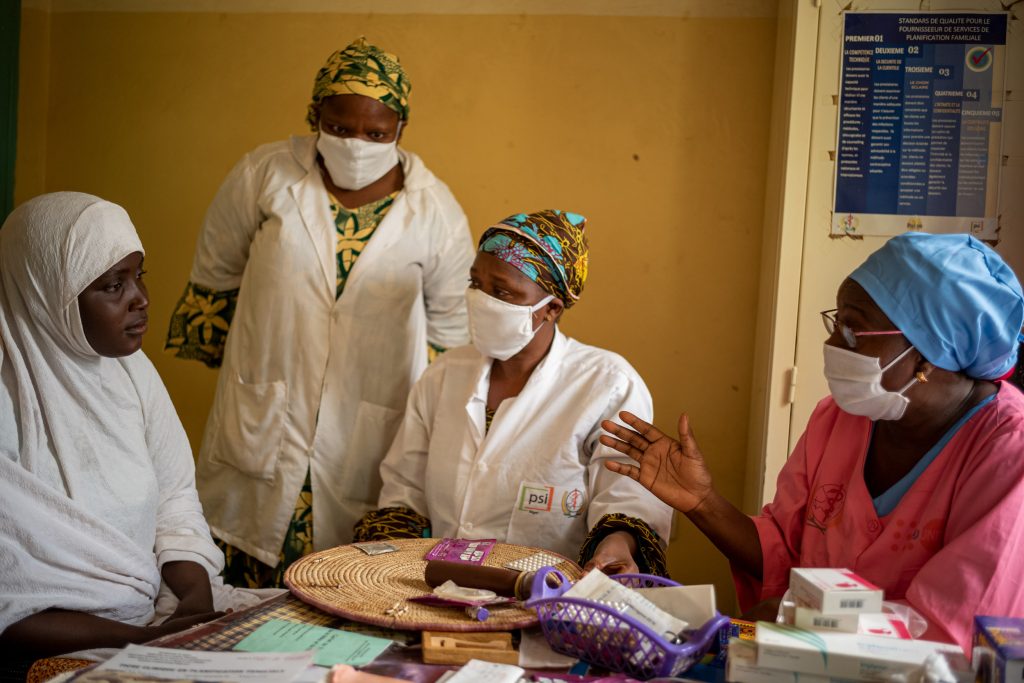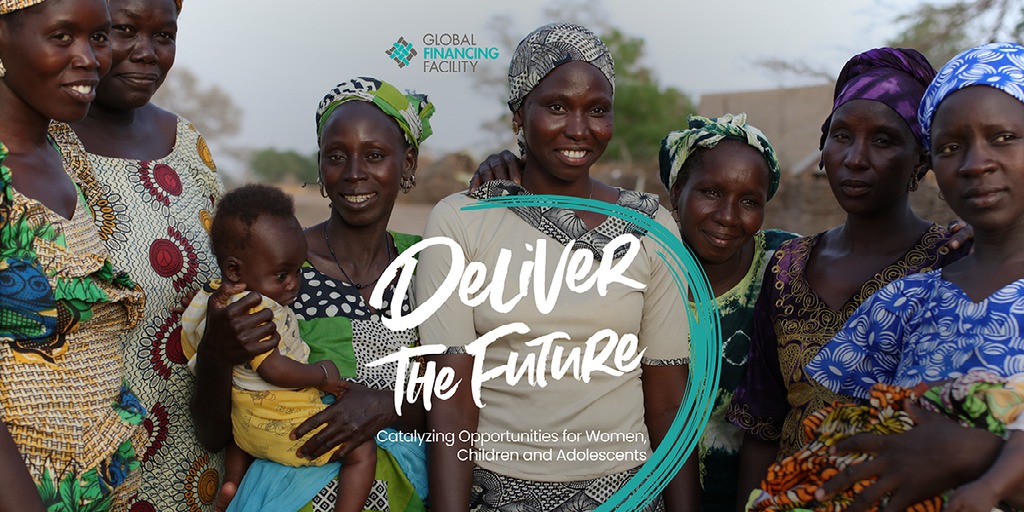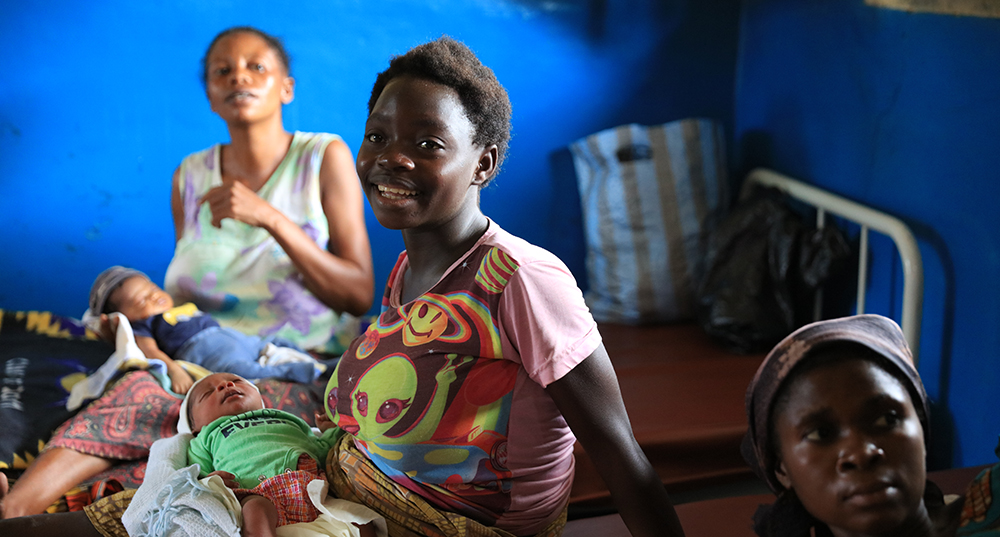The Role of GFF in Fostering Mental Well-being Among Kenyan Youth

In recent times, global reports from the World Health Organization have brought attention to a critical issue affecting the well-being of adolescents worldwide.
Shockingly, one in seven 10-19-year-olds experiences a mental disorder, contributing to a staggering 13% of the global burden of disease in this age group. Among the leading causes of illness and disability are depression, anxiety, and behavioral disorders, with suicide ranking as the fourth leading cause of death among 15-29 year-olds.
The ramifications of neglecting adolescent mental health extend far into adulthood, impacting both physical and mental well-being and limiting opportunities for leading fulfilling lives.


In light of these challenges, the Global Financing Facility (GFF) emerges as a beacon of hope for Kenya, promising a groundbreaking milestone in restoring healthy mental well-being, especially among adolescent parents.
The GFF aims to address these critical issues by ensuring that young women, including adolescents, have access to a range of essential services. Here are some key initiatives:
- Access to Contraceptives: Empowering young women with access to contraceptives is a fundamental step towards enabling them to make informed choices about their reproductive health.
- Preventing Unintended Pregnancy: Through targeted interventions, the GFF seeks to prevent unintended pregnancies, addressing a key factor contributing to mental health challenges among adolescents.
- Safe Delivery in Health Facilities: Ensuring that adolescents have the opportunity to deliver in health facilities not only promotes safe childbirth but also contributes to overall maternal and child well-being.
- Promoting Breastfeeding Initiation: The GFF places a focus on supporting mothers and newborns in initiating breastfeeding, a crucial component of early childhood development.
- Access to Postnatal Care Visits: Postnatal care is vital for the health and well-being of both mothers and newborns, and the GFF aims to facilitate increased access to postnatal care visits.



Through these initiatives, the GFF project intends to involve 250 million women and children, ensuring they have access to life-saving, high-impact interventions by 2030.
This includes reaching an additional 70 million-plus women, thereby significantly contributing to the improvement of adolescent mental health in Kenya.
As we advocate for the implementation of such initiatives, it is crucial to recognize the importance of collective efforts in creating a supportive environment for adolescents.
By enabling them to access these essential services, we are paving the way for a brighter, mentally healthier future for Kenyan youth.



The success of these initiatives lies in collaboration, education, and a commitment to breaking down barriers that hinder the mental well-being of adolescents.
Article written by Emmaculate Odhiambo